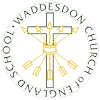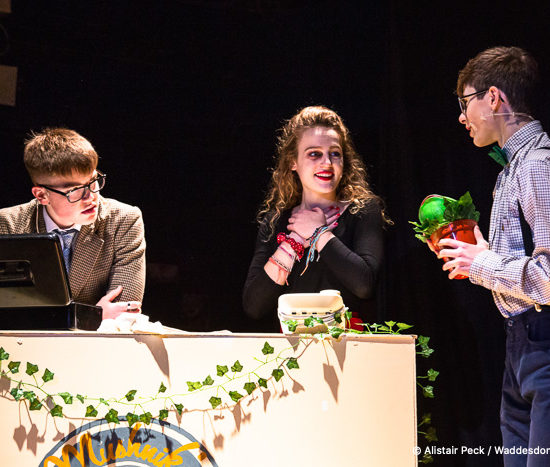
Our daily routines and educational practice are rooted in the twin values of Dignity and Respect.

Drama and Theatre education at its very best enriches a person’s life; creatively, culturally and socially. Our ambition is that all students recognise the intrinsic value of the subject, that every student has the opportunity to experience theatre of the highest quality, and that the high expectations of all, leads to collaboration and performances achieved with impressive levels of professionalism.
Our curriculum and teaching practice is built upon three core values and beliefs: Firstly, that high quality Drama education encourages our young people to grow in confidence, to nurture their emotional intelligence, to become skilled and effective communicators and to feel more alive and more connected. Secondly, that an ambitious study of theatre demands intellectual curiosity, self-reflection and highly developed skills of analysis and evaluation. Finally, we believe that every child has the right to experience, appreciate and have opportunities to engage with the broad skill set required to achieve theatrical excellence.
We are aiming to create the theatre-makers of tomorrow, who have a voice and a conscience and who want to make work of value, reflecting the world around them and considering stories from the personal to the global.
Miss Kate TurnerDrama Teacher |
Ms Rebecca OlaleyeDrama Teacher |
Our intention at KS3 is to equip students with the wide range of performance strategies needed as a foundation for further study of Drama. We teach these skills through varied units, which explore theme, story and historical events; this ensures that students are not only developing the skills needed to make thoughtful work, but also that they are engaging in the world around them. The other primary focus at KS3, is to foster a culture of mutual respect and support, teaching students the importance of positive communication, group work skills and creative problem solving.
In KS4, much of what we do is directly linked to the Eduqas GCSE Drama specification – teaching the set texts, written exam technique and building on the practical skills needed to succeed. We introduce students to a range of influential theatre practitioners and companies, who inform their work at GCSE. We also run mock units across Years 9 and 10, to ensure students are ready and prepared for the demands of the course. The first half of Year 9 acts as a foundation course, building the creative language and resilience needed to access the GCSE units.
KS5 follows a very similar structure to KS4, although we follow the Edexcel specification at this level. The focus at KS5 is on developing the originality of theatre making and broadening students understanding of the theatrical landscape through exploring more diverse texts, influential theatre makers and working with industry professionals where possible. Academic rigor also increases to support the demands of the A Level course.
Students are taught the following topics in Year 7:
Students are taught the following topics in Year 8:
Students are taught the following topics in Years 9 to 11:
Year 9:
Year 10:
Year 11:
Students are taught the following topics in Years 12 and 13:
Year 12:
Year 13:

Waddesdon Church of England School’s Assessment and Feedback Policy. At Waddesdon our aim is for assessment to be:
